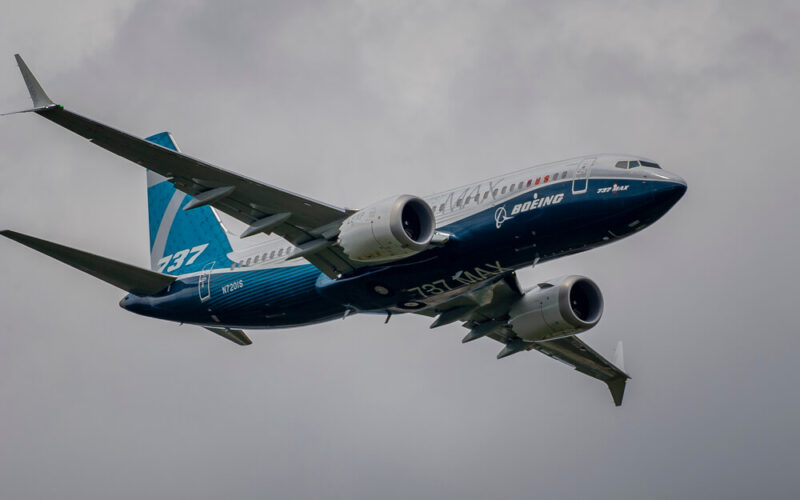The Federal Aviation Administration (FAA), much like Boeing, was under heavy scrutiny since the two fatal Boeing 737 MAX crashes in Ethiopia and Indonesia. The certification process was at the forefront of the criticism by lawmakers, which allowed Boeing to certify much of the aircraft itself and subsequently, let the now-infamous MCAS system slip through the cracks.
While the FAA agrees that its certification processes have areas where the administration can improve, its safety protocols are “sound”. The processes that the FAA looks to improve are pilot errors associated with increased automation in the cockpit and how several systems onboard an aircraft could interact and pose danger to the flight.
However, Boeing will seemingly continue to certify most of the aircraft in compliance with FAA regulations themselves. The FAA noted that the system of delegation is “an effective and efficient method to enhance safety.” Nevertheless, the administration’s concern remains that employees might face undue pressure from upper management.
Thus, the FAA stated that it would “systematically address any actual undue pressure.”
New airworthiness standards
The Secretary of the United States Department of Transportation Elaine Chao established the Safety Oversight and Certification Advisory Committee (SOCAC) in August 2019 to “help the Department ensure that the FAA remains the world’s leader in aviation safety,” stated Chao.
In January 2019, SOCAC released its report, to which the FAA responded on May 19, 2020. The committee found that if the Boeing 737 MAX was certified as an all-new aircraft, rather than a derivative of the 53-year old design that first flew in 1967, it still “would not have produced a safer airplane.” The FAA agreed to this point of view, adding that “application of new airworthiness standards, in some circumstances, can increase costs.”
Certifying derivatives, according to the FAA, creates a balanced system where “economic and safety outcomes” are adequately considered.
MCAS was the culprit of both Ethiopian Airlines and Lion Air crashes, as highlighted by the respective crash reports. Ethiopian investigators concluded that MCAS was at fault, in addition to the fact that the training programs provided by Boeing were “inadequate.”
Indonesian investigators also pointed the finger at Boeing’s state-of-the-art system, which was aimed at controlling the aircraft’s tendency to pitch up during certain maneuvers. Contributing factors included lackluster certification, training and maintenance procedures.
The two accidents claimed the lives of 346 people.

